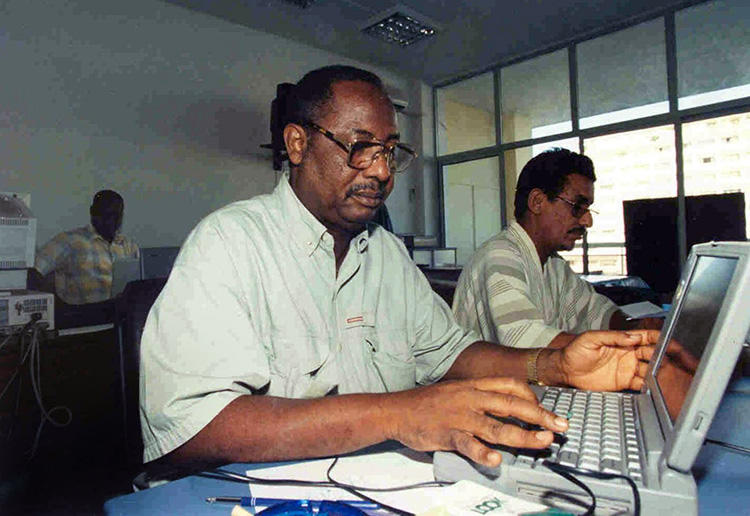
Deyda Hydara epitomised the traditional values of journalism —accuracy, courage, independence, and integrity — that we seek to imbue in our journalists. By honouring Deyda Hydara legacy, we hope to instill in our journalists the moral and ethical framework they will need to help them navigate a new digital era.
When Deyda was supporting the idea of moving of the Gambia Press Union from Banjul City Council conference chambers to its first offices at Fajara, he had one principle and one condition in mind. It needed to remain a professional journalism union, and ‘journalism’ needed to remain in training ethics and functional English to budding journalists.
Deyda’s vision directly affected the Gambia Press Union. Mandatory training for journalists is: ‘Ethics, Principles, and History of Journalism.’ This training explains and stresses the importance of the “Deyda Values of Journalism,” which include objectivity, fairness, an obligation to the truth, and loyalty to citizens.
What is next?
For a Press Union that has accomplished so much, so rapidly, it can be not very easy to imagine what the future holds for an institution like the Gambia Press Union. The question “What is next?” has so many possible answers. However, the Gambia Press Union Journalism Training Centre must deliver an answer. The best is yet to come.
The journalism profession has taken a beating in all political seasons. Furthermore, for good reasons, journalism suffers in the pursuit of ratings and clicks.
Gambian journalism is also not at its best today. Journalists should abide by a canon of ethics expected of the industry and ought to be more widely read.
Journalists’ voices can help maintain a modicum of a fledgling democracy.
In addition to the usual standards like truth, accuracy, fairness, and impartiality – reporters need to be creative. Journalists serve the public good, better sounding more like professionals. Journalists should have the latitude to do gymnastics with the English language. Readers and audiences deserved to enjoy an inevitable burst of skills, writings, analytical, and creativity. All in the pursuit of getting the story, which is one of the things Gambians does not perform at best.
There is a strong case to be made that the use of anonymous sources has become pervasive, a pathology of the media landscape in Gambian journalism. In a bid to boost the credibility and objectivity of its coverage and analysis of events, for example, the New York Times is raising the bar for its journalists and opinion writers scaling down on its use of anonymous quotations. Stories riddled with anonymous quotations will now be subjected to stringent bureaucratic scrutiny and risk not being published.
Now, this is what we sometimes back advocated for, calling on the Gambia’s media to avoid the impulse to use anonymous sources. Anonymity, while we believe, is permissible in a particular context, cheapens a story, and drains it of credibility. It feeds the temptation to propagate narratives that cannot be verified. It should be resorted to only as a last resort.
Throughout its success, the Gambia Press Union should continue to keep both Dixon Colley, Swaebou Conteh, Cherno Jallow and Deyda’s vision relevant by teaching and training journalists the importance of the fundamentals as well as giving journalists opportunities to witness and create the future of journalism, all while keeping that one question in the back of their mind: What would Deyda Hydara do?
By Alagi Yorro Jallow










Recent Comments